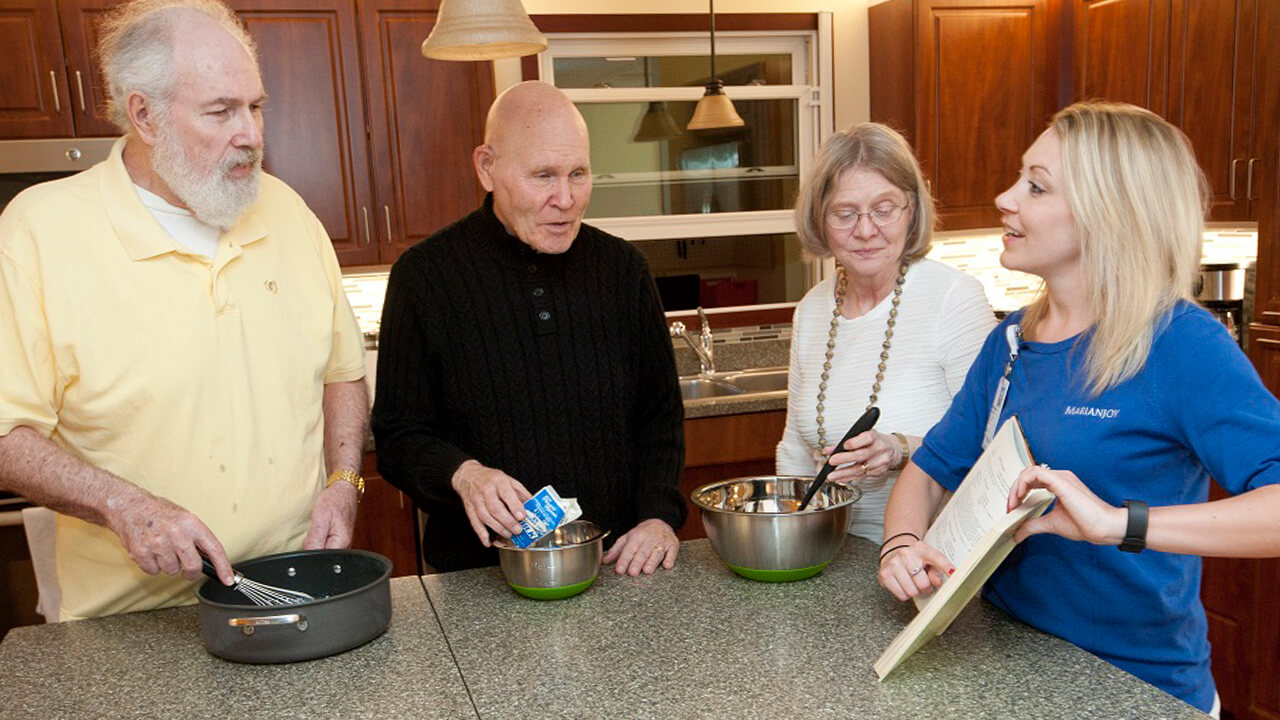Fatigue Management
How to Manage Fatigue Following a Stroke
Fatigue is a common after effect of stroke, affecting 30 to 70 percent of stroke survivors. It's important to take steps to control fatigue, as it can impede your recovery from stroke.
Following a stroke, you may suffer from a variety of health issue that contribute to fatigue, including:
- Chronic pain
- Depression
- Heart disease
- Infections brought on by lack of mobility
- Muscle weakness and/or paralysis
- Urinary and/or fecal incontinence
- Weight loss from lifestyle changes, lack of appetite or swallowing disorders
Some medications used to help treat stroke-related health issues may also leave you feeling worn out. It's very common that even simple tasks, like standing and walking, may require much more mental and physical effort and lead to fatigue.
What you can do
After a stroke, you can take a number of positive steps to cope with fatigue-related issues, including:
- Ask your physician or therapists how you can keep or regain your energy
- Plan rest time as fatigue is a genuine stroke symptom, and you will tire more easily
- Don’t overdo it
- Learn what foods, exercises or lifestyle habits can help you regain strength
- Be careful to stand up or get out of bed slowly, because you can get dizzy from the sudden change in blood pressure
- Join a stroke support group
- Communicate with your caregivers about your levels of fatigue, and make sure they understand how you are feeling
- Get in touch with your local stroke advocacy group
Rehabilitation can help
Occupational and physical therapists may make it easier for you to cope with fatigue by helping you learn to move more efficiently and giving you exercises to improve your stamina. Rehabilitation therapy can also help you relearn basic skills and increase your strength, flexibility and endurance.
Over time, if you follow your rehabilitation therapy, your physical and medical condition will improve, making fatigue less of an issue.




